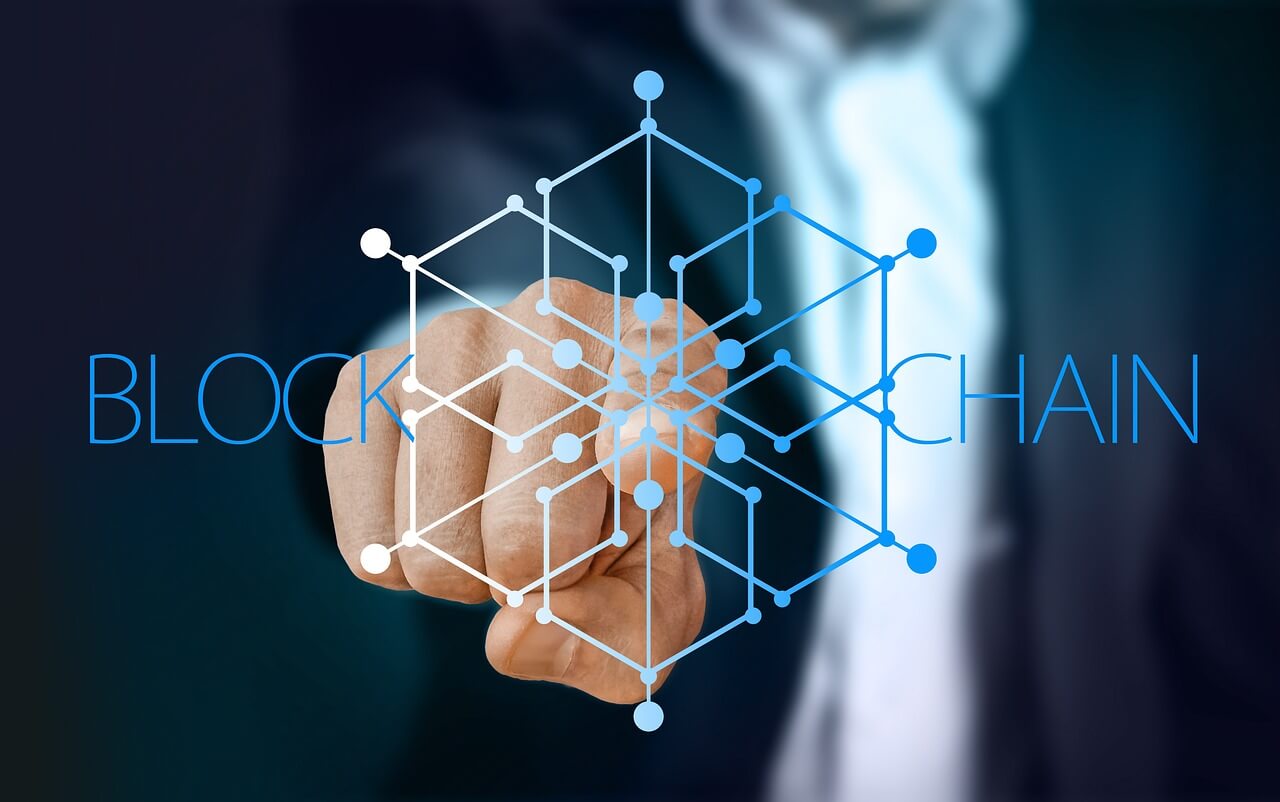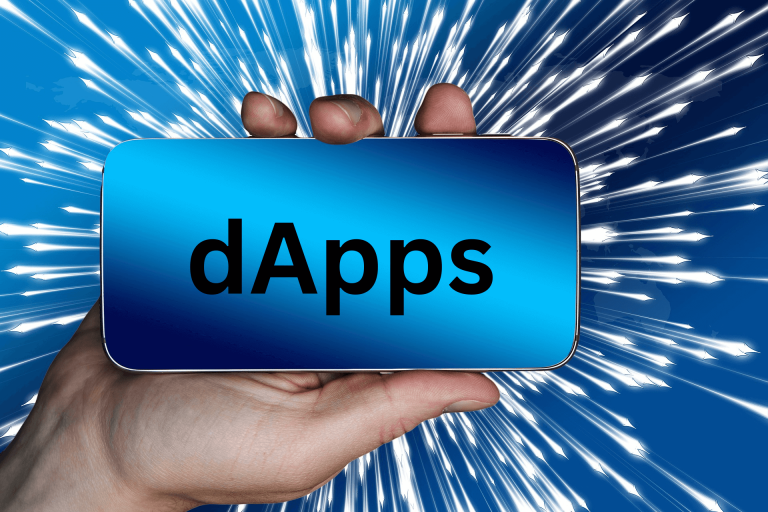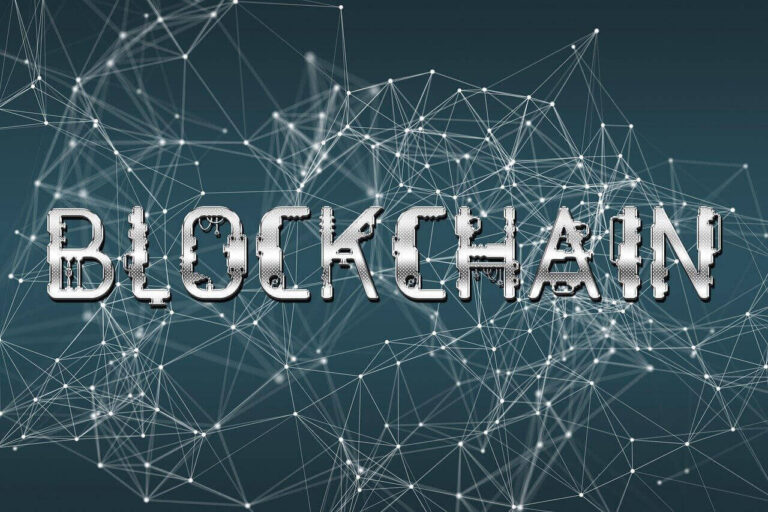Top 11 Blockchain Development Tools for Beginners [No.3 will Surprise you]
Master blockchain development tools like Solidity, Truffle, and MetaMask to build, test, and deploy powerful decentralized applications with ease.
Blockchain development is one of the fastest-growing fields today. The rise of projects like DeFi, NFTs, and DAOs has created a massive demand for skilled developers. It was once considered as a niche jargon but blockchain has now become a buzzword across industries.
The technology is still evolving and holds immense potential. This promise has led to the emergence of various blockchain development tools. These tools are very vital for creating, testing, and deploying blockchain systems. They streamline processes, strengthen security, and ensure blockchain applications are scalable and dependable.
What Are Blockchain Development Tools?
Blockchain development tools are software solutions that help developers build, test, and manage blockchain applications. They simplify the creation of decentralized systems by providing ready-made functions, so developers don’t have to start from scratch. These tools support popular networks like Ethereum, Hyperledger, and Polkadot.
Types of Blockchain Development Tools
Blockchain tools serve different stages of development. Here’s a quick breakdown:
Integrated Development Environments (IDEs):
These platforms let developers write, debug, and test blockchain code in one place.
Frameworks:
Offer pre-built templates and libraries for creating dApps and smart contracts with ease.
Test Networks:
Provide a safe, simulated blockchain space to test applications before launching them on live networks.
Wallets:
Help developers interact with blockchain networks by managing cryptocurrency and executing smart contracts.
Security Tools:
Ensure the safety of applications by identifying vulnerabilities and verifying code integrity.
Monitoring Tools:
Track the performance and behavior of blockchain applications after deployment.
READ ALSO: Crypto Wallet: How to Recover Lost Wallets [Hidden Secrets]
READ ALSO: Top 7 Eco-Friendly Blockchain Platforms in 2025
READ ALSO: How Zero-Knowledge Proofs Enhance Blockchain Privacy
READ ALSO: How Crypto Lending Platforms Work: Top Secrets You Must Know
Benefits of Blockchain Development Tools for Startups
Faster Development
Blockchain tools offer ready-made features and frameworks that save time. Startups can use these to build and launch applications quickly without creating everything from scratch. This speed allows them to get their products to market faster and stay competitive.
Lower Costs
Building blockchain solutions can be expensive, especially with infrastructure and development needs. Tools like Infura and Alchemy eliminate the need to manage costly nodes, while Truffle and Hardhat reduce manual coding efforts. This helps startups save money on both infrastructure and labor.
Better Security
Security is essential for blockchain applications. Tools like OpenZeppelin provide tested smart contract templates that minimize risks. Platforms like Remix IDE and Hardhat come with debugging and testing features, helping developers catch and fix issues early.
Increased Efficiency
From coding to deployment, blockchain tools streamline the entire process. Tools like Ganache and Hardhat offer local testing environments, while Metamask simplifies interactions with decentralized apps (dApps). These efficiencies boost productivity and allow startups to focus on other priorities.
Encouraging Innovation
Advanced tools free startups from the technical challenges of blockchain infrastructure. This lets them concentrate on developing unique features and experimenting with new ideas. With these tools, startups can create groundbreaking solutions and enjoy the full potential of blockchain technology.
Blockchain Development Tools
1. Solidity
Solidity is among the most popular programming languages for blockchain developers. It was designed for Ethereum Virtual Machine (EVM) and borrows concepts from C++, Python, and JavaScript. Solidity is statically typed and supports features like libraries, inheritance, and custom data types.
It’s widely used for creating smart contracts that automate business logic. Developers rely on Solidity for building applications like voting systems, crowdfunding platforms, and multi-signature wallets.
Types of Solidity Compilers:
- Solc (C++): Converts Solidity code to JavaScript using Emscripten and then compiles it into EVM bytecode.
- Solcjs (Node.js Library): Directly compiles Solidity code into EVM bytecode and works well with browser-based applications like Remix IDE.
2. Geth
Geth acts as a node on the Ethereum blockchain. It provides a console for commands and functions.From recourse, it connects to the Ethereum mainnet and downloads the entire blockchain, so an external hard drive is recommended for storage.
Features of Geth:
- Transfer tokens between addresses.
- Create and execute smart contracts.
- Explore block history.
It is available for Windows, Linux, and other platforms, and it’s built using the Go programming language.
3. Mist
Mist is an Ethereum framework for managing blockchain applications and wallets. It’s a valuable tool for sending transactions and exploring blockchains.
Key Features of Mist:
- Functions as both a wallet and an asset management tool.
- Includes a built-in browser to eliminate server dependency.
- Requires a full Ethereum blockchain download for optimal use.
Mist is essential for developers focused on Ethereum, offering a deeper understanding of its ecosystem.
4. Truffle
Truffle is a Ethereum development framework that simplifies the process of creation and managing blockchain applications.
Highlights of Truffle:
- Compiles, deploys, and debugs smart contracts.
- Supports multiple blockchains, including Quorum and RSK.
- Integrates with Ganache and Drizzle as part of the Truffle Suite.
- Its compatibility with both private and public networks has made it a favorite among developers.
5. Blockchain Testnet
Testnets provide a testing environment for blockchain applications before deployment. Every blockchain network offers its own Testnet, allowing developers to identify bugs and test functionalities without spending money.
Testnets are crucial for ensuring the reliability of decentralized apps (dApps).
6. Web3.js
Web3.js is a library that connects developers to Ethereum-based applications and tools. It uses Generic JSON RPC for seamless interaction with Ethereum nodes.
Benefits:
- Eliminates the need for extra infrastructure.
- Simplifies communication with dApps.
7. MyEtherWallet
MyEtherWallet offers a secure way to manage cryptocurrencies, with two storage types:
- Hot Storage: Online, convenient, but vulnerable to hacking.
- Cold Storage: Offline, secure from hackers but less accessible.
Paper wallets are a type of cold storage where private and public keys are printed and stored securely.
8. Remix IDE
Remix IDE is a browser-based tool for the creation, testing, and deploying of smart contracts.
Features of Remix IDE:
- Supports Solidity programming.
- Offers debugging and deployment tools.
- Connects to Ethereum through Metamask.
- Developers can use Remix locally or through a browser for seamless contract creation.
9. DApp Board
DApp Board is an analytics platform for Ethereum smart contracts. It monitors contract activity, such as the number of users and transactions processed.
10. MetaMask
MetaMask is an extension of a browser that can be used as a wallet and dApp browser. It allows sending and receival of digital assets, management of identities, and interaction with blockchain networks effortlessly.
11. Blockchain as a Service (BaaS)
BaaS, offered by companies like Microsoft, simplifies dApp creation in a secure environment. It supports multiple chains like MultiChain and Storj, allowing developers to build applications without setting up their own blockchain infrastructure.
Conclusion
Blockchain development tools are the backbone of creating, testing, and managing secure and efficient applications. They save time, reduce costs, and improve reliability for startups and seasoned developers alike. You can code smart contracts with Solidity and manage assets with MetaMask.
These tools empower innovation while simplifying complex processes. As blockchain technology continues to grow, mastering these tools will be vital for anyone looking to thrive in this dynamic field.







